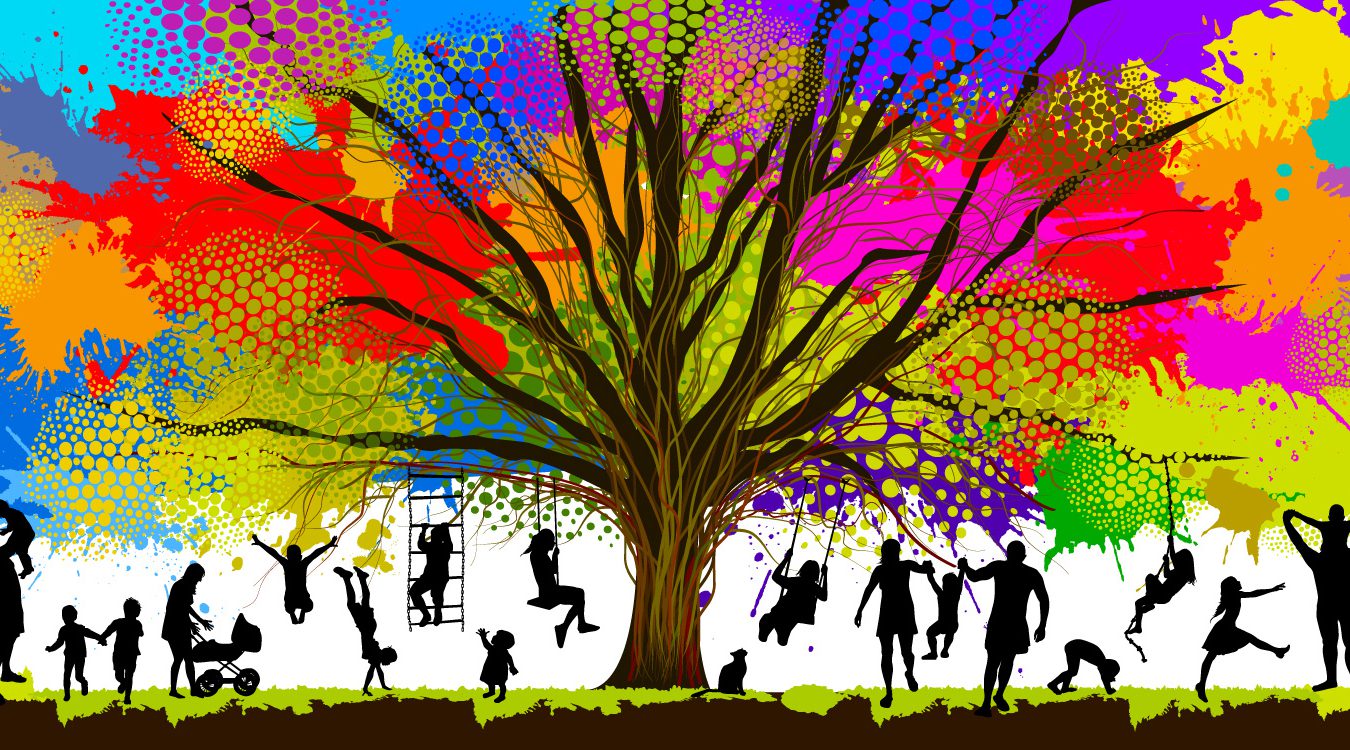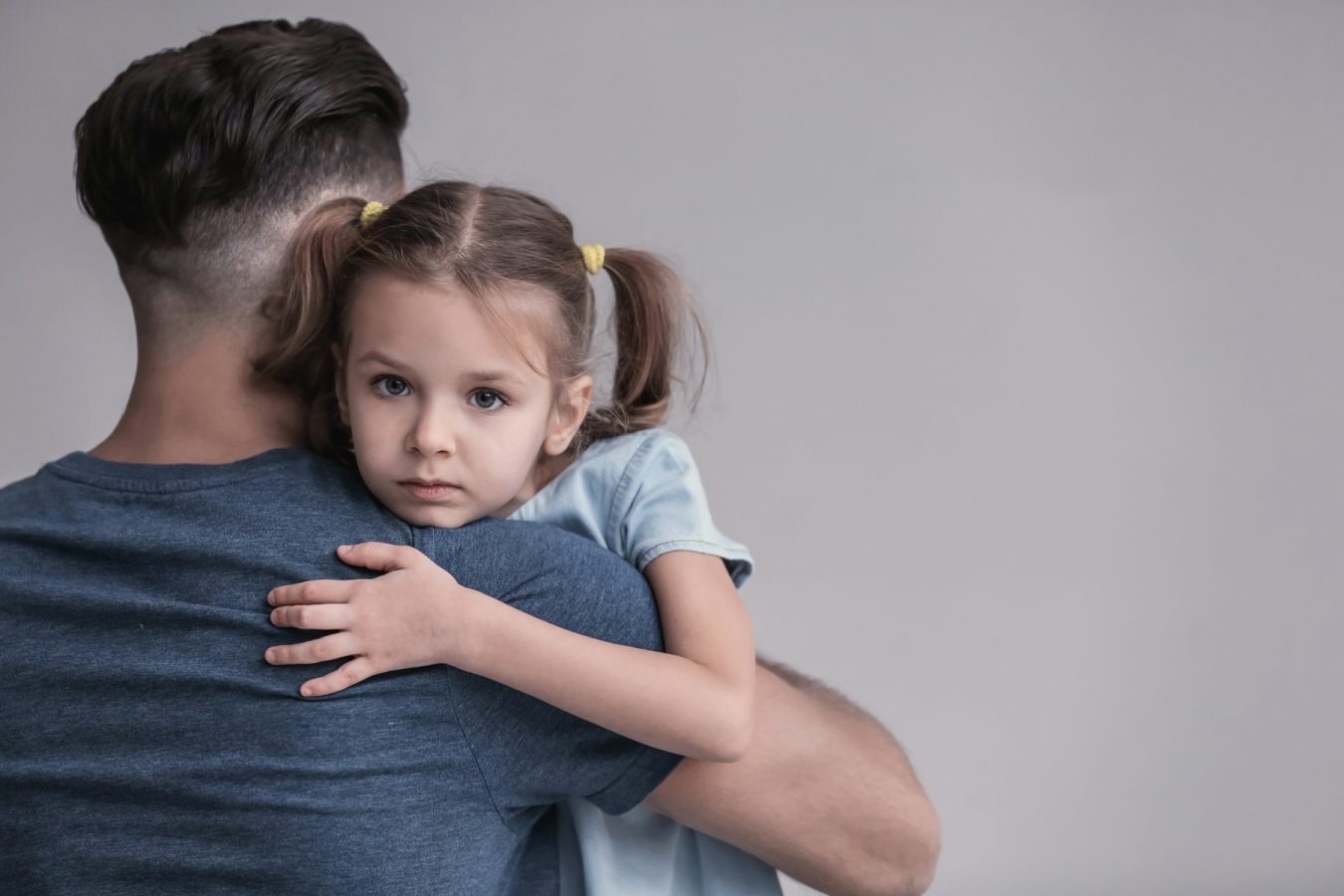
Steve Biddulph, author of the best-selling Raising Boys, has taken up the fight for the mental health of girls.
It all begins in your arms. You look down at your newborn baby daughter, and have such intense feelings. Tenderness, love, fierce protectiveness swirl inside you as you wonder how her life will unfold.
Girls’ horizons in life have soared so high as a result of a century of feminism, but today they seem to be getting squashed down again. I was a psychologist writing about boys for over 30 years, but today its girls that are at the centre, because their mental health has been plunging all across the world.
One in five girls today has diagnosed anxiety, one in twelve will have an eating disorder, every school is reporting rising levels of self-harm. We have to do more to make our daughters strong and free.
It begins in babyhood. Both boys and girls today are less secure, more prone to stress, and we think this begins with there being too much hurry and rush in the early years. We have to take better care of young parents, so they can really focus on their littlies. A baby doesn’t care if they are born in a palace, or a tin hut, but they are acutely aware of the emotional tone of their family.
So it pays to step right out of the competitive rat race when you have children – don’t renovate your house, don’t get a FIFO (fly-in-fly-out) job, if you possibly can let your career coast, and settle in for some beautiful time with your newborn. It’s in those peaceful moments that they learn to settle, and laugh, and sing and feel the world is a good place.

A child can only be as relaxed at their parents. The following stages will soon arrive – the exploring time from two to five, when our daughters need encouragement to be in nature, have animals, climb trees, be messy and muddy. The primary school years, when friendship skills are learned, often through making missteps, coming home, talking it over with mum or dad and going back into the fray. This is the age when social media has to be really restricted – no smart phones yet, and no internet in bedrooms is the choice many parents are making, so that home really is a haven and the ugly or mean aspects of life are fenced out to allow strength and confidence to grow.
Then it’s the teen years. In my talks I often tell the story of a 14-year-old girl who has sex with a boy at a party. He is 17, and she is over the moon that he has paid her so much attention. Then she discovers it was for a bet with his mates. She is devastated, it takes years to get over it, and only when her parents really increase their support and involvement is she able to regain her childhood and feel okay. She wasn’t even able to tell them it had happened until a counsellor was called in because of her drinking problems. Not that I am trying to scare you. But girlhood takes knowledge and care. It’s not like when we were kids.
Girls should be Wild and Free
How do we raise girls to be strong and free? It actually starts in the toddler years. They need encouragement and permission to be adventurous, messy, noisy and physical. Fathers are often the key to this – many dads like to take their children into the outdoors, and are much more vigorous in how they play. This is good for a girl who can learn to trust and enjoy her body and what it can do. Of course you have to be careful – I read once that children are five times more likely to end up in hospital while in the care of their dad! So some common sense is called for.
The neuroscience is proving something very important – that nature is good for our brains. Your daughter, whatever her age, is a wild creature, and needs to be in the rhythms, textures, seasons and peace of nature. An overgrown garden she can build cubbies in, pets she can cuddle and love – and even see die – and big landscapes of beaches and hills to run in are all essential to her mental health. Kids learn calmness in nature, away from screens and the jangling artificial world. Nothing in nature is saying be thin, be pretty, be rushed. She can find and be herself, happy in her own company, or teaming up with others to build or imagine.
The clothes and toys we choose are important because they unintentionally may put limits onto her. Don’t dress your toddler in frilly, expensive or fragile clothes. That sends a signal to her that she is there to be looked at. Don’t keep telling her how pretty she is, as she will start to think that’s what matters in life. Tell her how kind she is, how strong, how funny, how good a friend, what a good climber she is. An occasional princess dress won’t do any harm, but in the main, avoid anywhere the words kids and fashion occur together. Dress her for messiness whenever you can.
Imagination develops better when toys are few, and don’t determine how you play. A big box of wooden blocks is better than ‘My little clothes shop’. In fact, according to Simplicity Parenting author Kim Payne, halving the amount of toys our kids have lying around actually makes it easier for them to play, and learn to focus. It also helps not to have TV or radio on where they are playing, as studies show that kids can’t concentrate. In a quiet living room, toddlers make up more stories and act out the conversations between their toys. It’s a brilliant (and often hilarious) way that they learn social skills and deal with their lives through play. TV and screens are not great for toddlers – a few, well-loved and well-worn DVDs or regular shows like Playschool that are crafted to suit their brain development, should be the only electronics in toddlers’ lives.
With a bit of thought, we can focus on keeping little girls feeling strong, active explorers, who don’t give a thought to how they look and see the world as theirs to explore. And that’s the start of making them free.
Steve’s book 10 Things Girls Need Most is published by Finch. You can also find out more about his work and follow him on Facebook or visit his website.
Like this post? Please share using the buttons on this page.
Subscribe to The Parents Website

